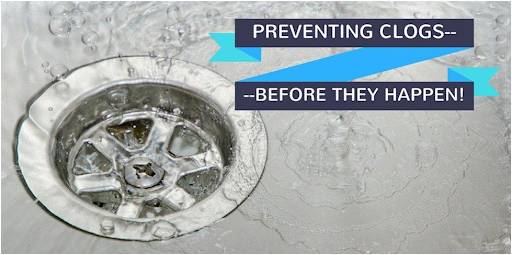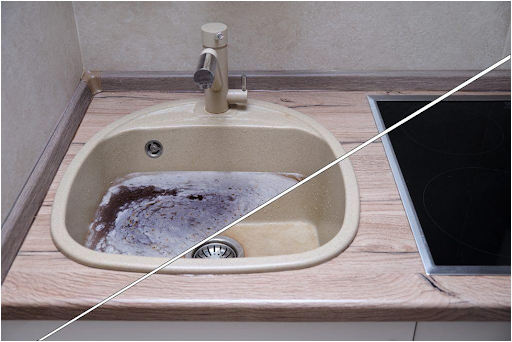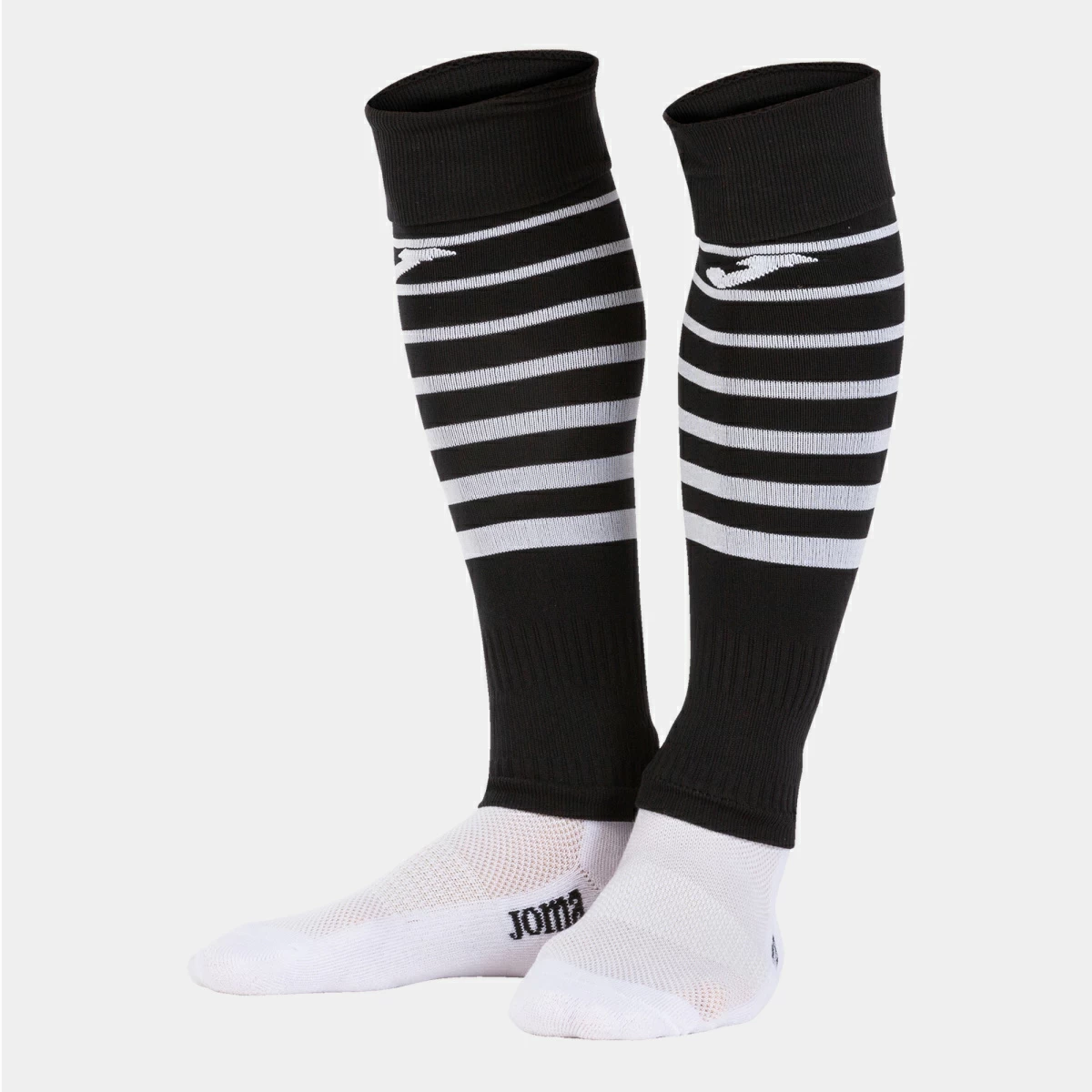Drains play a crucial role in buildings. This is given how they help prevent or mitigate water damage, make the building more hygienic, aid effective management of water, among other things.
They are strategically inserted in areas like the kitchen, bathroom, laundry room, basement (especially with sump pumps), and garage. They can even be inserted in outdoor spaces like walkways and driveways. For more information about their strategic placements, you can visit: https://www.commerce.wa.gov.au/.
They are supposed to enable the free flow of water but this can be very difficult or even impossible when they are clogged. A clogged drain is bad news for several reasons and this is why people need to know how to prevent, as well as unclog a clogged drain. To this end, this article will discuss the subject.
Table of Contents
How to Keep Your Drains Flowing Freely and Prevent Costly Clogs
It is better to prevent clogs than try to find a solution when they happen. For one, clogs adversely impact drain fixtures. Here are some tips to help keep your drain flowing freely by preventing costly clogs:
Use Screens/Catchers
Catchers or screens have tight spaces but are open enough to allow the free flow of water. They are placed over the drain and are instrumental in keeping things that can clog drains out. Using them significantly reduces the chances of a clogging problem happening.
You should get top-quality ones and options that are best suited. For example, sink catchers are different from tub catchers. So, make sure you take note of the area it would be used when getting them.
Getting top-quality catchers is equally of utmost importance. Against this backdrop, you should get something that is:
- Durable
- Easy to clean
- With a tight lid
These aforementioned qualities are essentials that must be taken into consideration when getting catchers/screens.
Proper Disposal of Items
Some things should not be let through your drains and greasy items are high on this list. So, drains should not be the ending point for fatty and oily items. Rather, they should be scraped into disposable containers or nylon bags and thrown into the trash.
Frankly, there are other reasons for this besides their ability to clog drains. The way greasy items are more likely to cause foul odors is one of them. This is given how greasy items create a suitable environment for microorganisms (especially bacteria) that cause unpleasant smells. Besides greasy items, other items that should not be disposed of into drains include:
- Food scraps
- Hair
- Medications
- Paper towels
- Cotton balls & swabs
- Coffee grounds
- Cat litter
- Chemicals & harsh cleaners
- Bleach
- Adhesives
- Metal objects
- Diapers & sanitary pads/tampons
These are just a few of the non-flushable items that can cause clogging problems and/or adversely affect drains in other ways. So, they should be properly disposed of.
Regular Cleaning
Drains do not have to get clogged or in a real mess before they are cleaned. They should even be cleaned regularly to avoid clogging problems. This way, accumulated debris in the form of grease, soap, and other organic materials can be broken down and washed away. Some effective drain-cleaning tips include:
- Hot water flushing
- Cold water flushing
- Cleaning with mild chemical solutions
- Cleaning with vinegar and baking soda
These are some of the ways you should regularly clean your drain. Some of the aforementioned should be more frequent than others. For example, hot and cold water flushing should be more frequent than cleaning with mild chemical solutions.
Educate Your Household
Preventing clogs and ensuring the free flow of water through drains is the joint responsibility of everyone that uses these water disposal channels. So, you should not be the only one invested in preventing clogged drains. For this reason, you should educate every member of the household on how to properly use a drain and prevent clogging problems.
Periodic Professional Maintenance
You should schedule periodic maintenance of your drains. Plumbers that offer this maintenance service should not only be contacted when there is a messy clogging situation. As mentioned early on, it is better to prevent this problem than to try to resolve them.
Furthermore, the right professionals in this line of work should be contacted. This is both for maintenance and repair services. This implies that you need to know how to identify professionals with the right expertise. One of the things to look out for would be a well-equipped plumbing service.
For example, the plumbing service provider needs to have high-tech inspection equipment. You can check out this website for more information on choosing the right plumbing service provider.
What to Do When Your Drain Clogs?

You also need to know what needs to be done when drains get clogged. To this end, here are some things to do:
Try a Plunger
Plungers can be quite effective in dislodging clogs. These are especially minor ones. The plunger’s rubber part has to be adequately covered by water to stand an increased chance of unclogging the drain.
So, create enough water-locked sinks, toilet seats, or areas as the case may be to cover the plunger’s rubber portion. Then keep pressing the plunger downwards and upwards.
Try a Plumbing Snake
A plumbing snake gives you more access to the clogged part than a plunger. You can try it out and see if it is enough to dislodge the clogged part.
Try a Dry/Wet Vacuum
Either a dry or wet vacuum can be engaged for dislodging a clogged drain. Just make sure the vacuum hose’s contact with the top end of the drain is well sealed. You should also set your vacuuming machine to liquids. This machine might just be able to dislodge the clogged part by pulling it out through suction.
Call a Professional Plumber
This is your best bet because of the expertise of these professionals and the equipment at their disposal. So, you are guaranteed an end to this problem with a professional plumber.
Conclusion
Preventing clogged drains is better than making attempts to unclog them. Bear this in mind when using your various drains. You should do this by taking note of the several clog-prevention tips shared here.
However, it is equally important that you know what to do if this problem arises. This also calls for the need to take note of the part of this article that discusses this subject.





